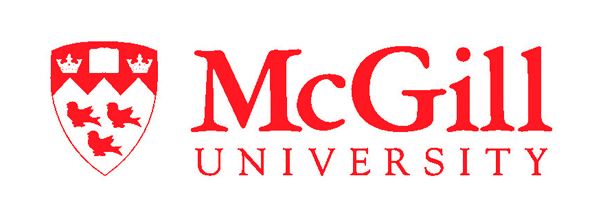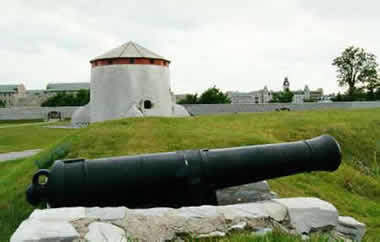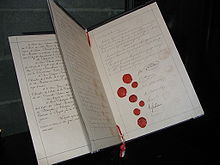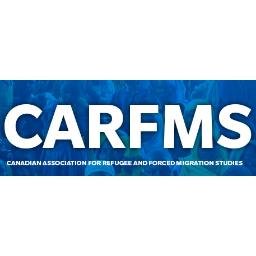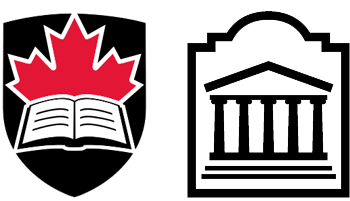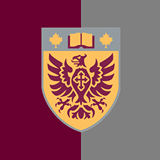The French Association for Canadian Studies (AFEC) has issued a call for papers for its 48th Annual Conference, which will take place at Université Grenoble Alpes from June 18-20, 2025.
This event is aimed at all doctoral students, post-docs and other young researchers at the start of their careers (master’s students, temporary lecturers (ATERs), young PhDs without a contract) working on the Canadian cultural area – be it Anglophone Canada, Francophone Canada, Quebec, Indigenous People – or on themes related to Canada.
To echo the 2024-2025 edition of the Seasons of Canada (Saisons du Canada) organized by the Grenoble Centre for Canadian Studies, the general theme chosen for this next congress will be “Transition(s)”.
Under this broad and flexible theme, AFEC welcomes both theoretical and empirical contributions, from all disciplines – civilization, history, linguistics, literature, geography, law, sociology, political science, anthropology, arts, philosophy – reflecting the diversity of research carried out by up-and-coming researchers in Canadian Studies. Contributions may explore contemporary or historical issues related to Canada, including but not limited to:
- Environmental or climate issues (ecological transition, energy, health), including ecological and ecofeminist perspectives;
- Social reforms and political struggles in Canada, particularly those relating to the rights and representation of minority groups (indigenous people, 2SLGBTQ+, etc.);
- Migration and (cross-)border issues;
- The development and socio-economic impacts of new technologies (artificial intelligence, cybersecurity);
- Current issues in indigenous studies, with a particular focus on movements of cultural and political resurgence and reappropriation;
- The circulation of decolonial, postcolonial and/or feminist theories and practices in Canadian research (through the notions of positionality, situated knowledge, intersectionality, care, etc.);
- The evolution of literary and artistic forms;
- Linguistic issues (e.g. the revitalization / reclamation of Indigenous languages, the evolution of Canadian and Quebec language policies, debates surrounding certain linguistic practices, issues of linguistic representation in the media, etc.)
Proposals must be sent by e-mail to the organizing committee by December 1, 2024: afec2025@univ-grenoble-alpes.fr
They should include a title, a 300-word abstract in English or French, 4 to 5 bibliographical references (not included in the total word count), and a short bio-bibliographical note (name, current status, institutional affiliation, fields of research and recent publications if applicable).
Following the review by the scientific committee, a response will be sent by January 15 at the latest to those who submitted a proposal.
The full call for papers is available here.

